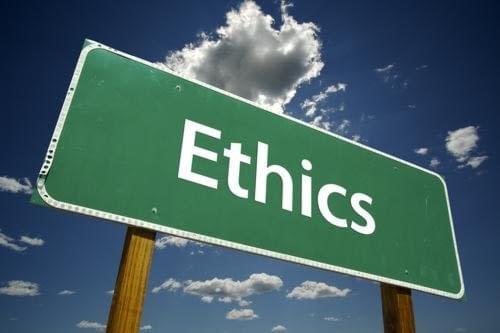from colsoncenter.org
 Our modern dilemma in ethics began with the French Enlightenment. Like Sommers's colleague, the Enlightenment thinkers believed that Christians were wrong about individual sin, that people were good, corrupted only by social structures. So reforming social structures would produce a perfect society.
Our modern dilemma in ethics began with the French Enlightenment. Like Sommers's colleague, the Enlightenment thinkers believed that Christians were wrong about individual sin, that people were good, corrupted only by social structures. So reforming social structures would produce a perfect society.
For 200 years ethicists have tried to create ethical systems without God. The result has been the dismantling of any objective standard of right and wrong, leaving the individual to act according to his or her own "personal preference."
But what happens when someone's "personal preference" happens to be cheating on an exam? Or stealing? Or—for example—collaborating with murderous Nazis? That is exactly what happened in the very homeland of the Enlightenment. During wartime France the Vichy government rounded up Jews and handed them over to the Nazis. Seventy-five thousand French Jews perished in the death camps. French President Jacques Chirac recently acknowledged that shameful chapter of his country's history. "France," he said, "the homeland of the Enlightenment, and of the rights of man . . . committed the irreparable. Breaking its word, it handed over those who were under its protection to their executioners."
How did the Enlightenment notion of the "rights of man" break down in wartime France? Well, ethical precepts in themselves have no moral force unless individuals view themselves as responsible to a Supreme Being. The French existentialist Jean Paul Sartre understood very well that ethics had no meaning once God was removed from the equation. "It doesn't matter how you act," Sartre said, "as long as you 'authenticate yourself' by an act of the will."
No comments:
Post a Comment